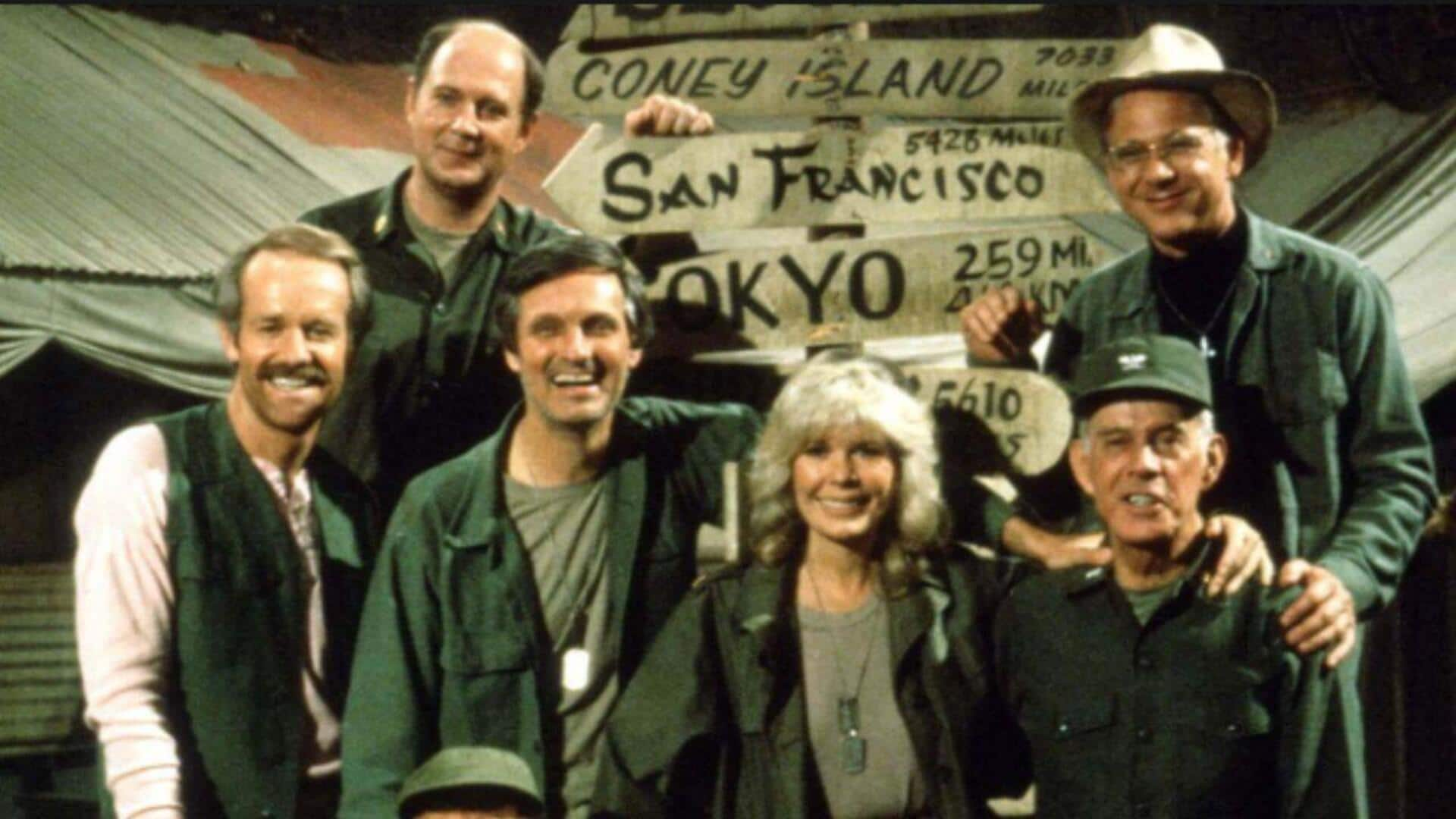
How 'M*A*S*H' showed the human side of war
What's the story
Popular television series M*A*S*H took a unique perspective on the American military by showing its human side. The story, set during the Korean War, revolved around a mobile army surgical hospital and the lives of medical personnel. The show deftly balanced humor with serious issues, giving viewers a peek into emotional and psychological challenges of those serving in conflict zones. Here are five times M*A*S*H nailed the human aspect.
Leadership insight
Hawkeye's compassionate leadership
In several episodes, Hawkeye Pierce showed what compassionate leadership looks like, putting his team's well-being above rigid military protocols. More often than not, his way involved bending rules to ensure that the patients received the best care possible. This highlighted how empathy and understanding can be a game-changer in high-pressure environments, giving a peek into how leaders can uplift their teams with kindness and support.
Coping strategy
Trapper John's humor as a coping mechanism
Considering that he worked in such a difficult environment, it's easy to see why Trapper John McIntyre relied so heavily on his sense of humor. His sharp wit and jovial banter provided a much-needed break for both him and his co-workers in the face of adversity. This highlighted how humor can be an excellent weapon against stress and keep spirits high even in the toughest of times.
Personal development
Margaret Houlihan's professional growth
Margaret "Hot Lips" Houlihan's character arc highlighted immense professional growth over the series. From being strict and by-the-book, she transformed into a more empathetic leader who considered her team's opinion. Her growth showed how experiences in the toughest of environments can make a person grow and strengthen bonds with colleagues.
Innocence theme
Radar O'Reilly respawning in chaos
Despite the chaos around him, Radar O'Reilly was always innocent and naive. It was his youth that brought lightness to serious moments and reminded viewers that hope is never lost. Radar was a reminder that innocence and experience can go hand in hand, and that was comforting in dark days.
Desperation insight
Klinger's quest for discharge reflects desperation
Corporal Klinger's persistent efforts to get a discharge from service emphasized the desperation with which some soldiers sought an escape. With various comedic ploys to prove insanity or unfit for duty, Klinger embodied those who battled demons internally while appearing composed under pressure. This method of storytelling highlighted the complex emotions playing in the minds of soldiers without leaning too much on drama.